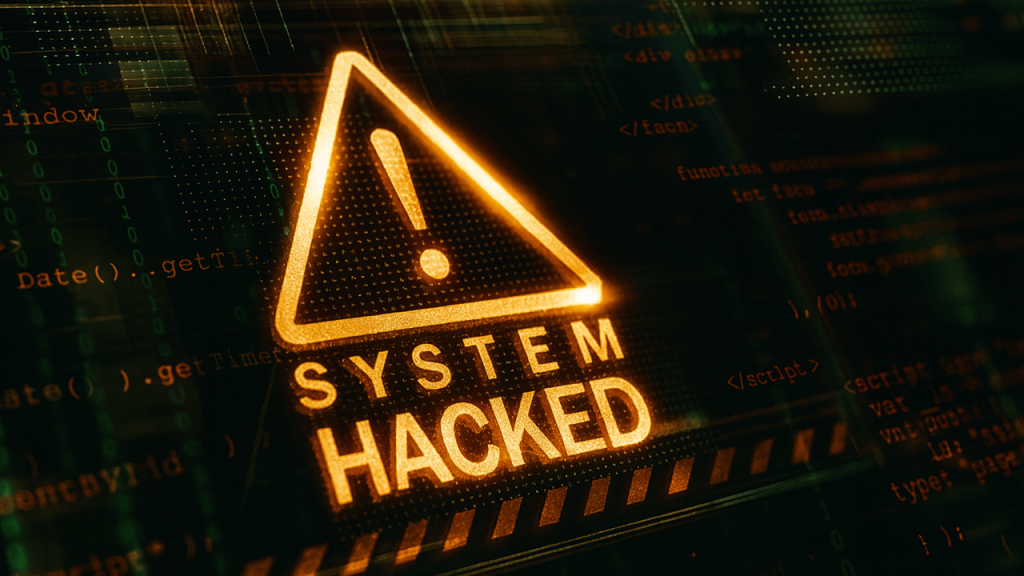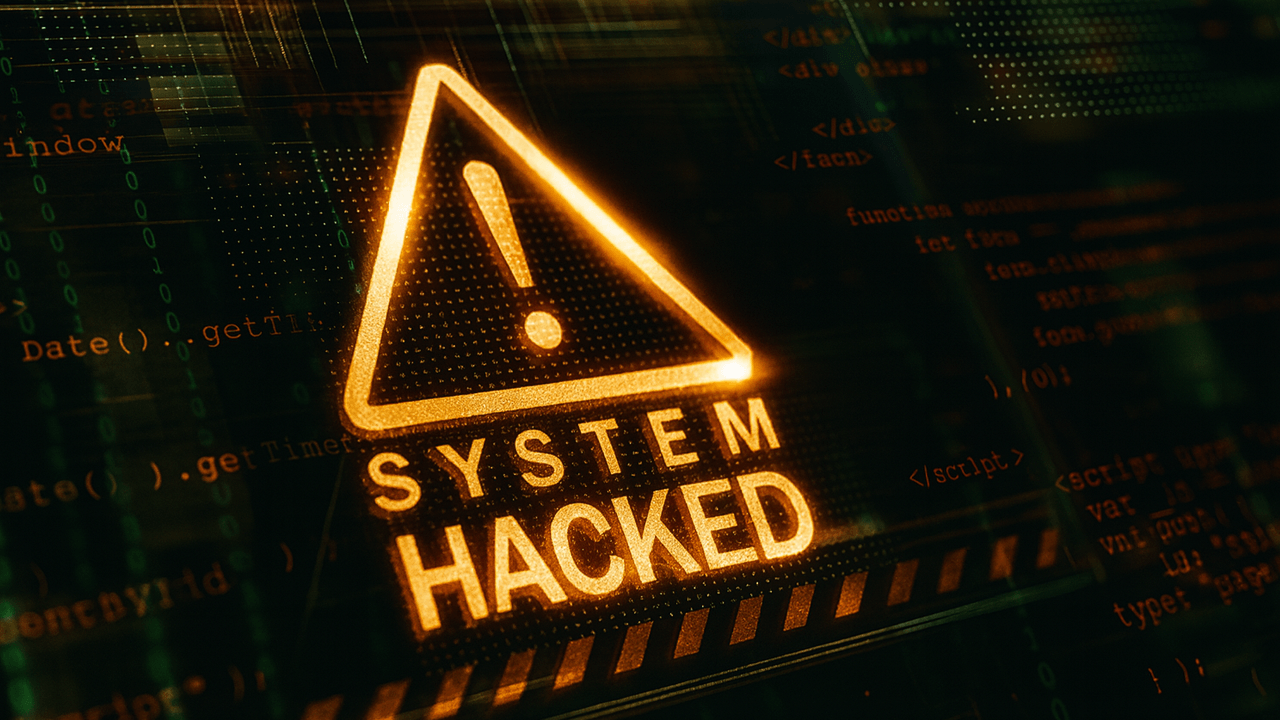
The decentralized finance (DeFi) sector has rapidly evolved into a cornerstone of modern financial innovation, offering unprecedented opportunities for peer-to-peer transactions, transparency, and financial inclusion. However, this transformative potential is increasingly overshadowed by escalating cybersecurity threats that extend beyond individual investors to pose systemic risks. The surge in DeFi-related cyberattacks has captured the attention of governments, cybersecurity experts, and financial regulators worldwide, highlighting the urgent need for robust security measures and regulatory frameworks.
In April 2025, crypto hackers exploited vulnerabilities to steal approximately $92 million from DeFi platforms, marking a staggering 124% increase compared to March. This surge is part of a broader trend, with the first half of 2025 witnessing over $2.1 billion stolen across at least 75 cyberattacks targeting cryptocurrency systems. This figure nearly matches the entire volume stolen in 2024 and surpasses earlier records from 2022, signaling an intensifying wave of cybercriminal activity. The escalating frequency and scale of these attacks underscore the urgent need for enhanced security protocols and proactive measures to safeguard the DeFi ecosystem.
The majority of stolen funds—over 80%—resulted from infrastructure attacks, such as the theft of private keys and seed phrases. These credentials grant near-total control over crypto assets, and their compromise underscores a fundamental security weakness in wallet management and platform safeguarding mechanisms. Other prevalent attack methods include exploiting smart contract vulnerabilities, phishing, protocol manipulation, and coding errors in DeFi applications. The sophistication and diversity of these attack vectors highlight the need for comprehensive security strategies that address both technical vulnerabilities and user behavior.
The scale and sophistication of these attacks have raised concerns that nation-state actors are increasingly targeting DeFi platforms. Reports from cybersecurity firms indicate a shift from traditional hacker groups to more organized, well-funded nation-state cyber operations. These entities may pursue various objectives, including financial gain, disruption of economic stability, or strategic advantages in geopolitical conflicts. The evolving cyber landscape, described as “From DeFi to Defcon,” underscores the growing intersection of financial innovation and cyber warfare. Nation-states exploiting DeFi vulnerabilities may intensify conflicts and complicate international cyber policy frameworks, necessitating a coordinated global response.
The escalating cyber threats to DeFi platforms have significant implications for national security. U.S. Treasury officials have explicitly warned that the growth of DeFi markets poses threats to national security, including the facilitation of illicit activities such as money laundering, sanctions evasion, and financing terrorism. The pseudonymous and decentralized nature of DeFi makes it an attractive tool for malicious actors seeking to evade regulatory scrutiny. Additionally, the unregulated, complex, and interconnected nature of DeFi protocols can trigger market shocks if compromised, heightening systemic financial risks. The vulnerability of critical infrastructure to nation-state cyberattacks further underscores the need for robust security measures and regulatory oversight.
In response to these growing threats, there have been calls for more robust security standards, oversight on private key management, and potential restrictions or frameworks for DeFi projects. The FBI and other agencies have issued alerts regarding escalating cybercriminal exploits targeting DeFi platforms, emphasizing the need for heightened vigilance and proactive measures. Balancing innovation with security is challenging, as the absence of centralized control complicates enforcement and recovery post-compromise. To protect users and broader economies, multiple strategies must be pursued, including enhanced security protocols, rigorous auditing and formal verification, regulatory collaboration, and user education.
Enhanced security protocols, such as the incorporation of multisignature wallets, hardware security modules, and advanced cryptographic techniques, can safeguard private keys and reduce the risk of infrastructure attacks. Rigorous and continuous smart contract audits, along with formal verification, can detect and patch vulnerabilities before deployment, minimizing the risk of exploits. Regulatory collaboration is essential to enable governments and industry players to share threat intelligence, define compliance standards, and respond to attacks with agility. Increasing awareness among users about phishing, credential protection, and secure practices can also mitigate the risk of user-related vulnerabilities.
The explosive growth of DeFi platforms has unfolded a double-edged sword, fostering financial innovation and inclusion while simultaneously opening avenues for cybercriminals and heightening national security risks. The unprecedented scale of attacks and the emergence of nation-state cyber onslaughts targeting DeFi infrastructure position these platforms at the nexus of technology, finance, and geopolitics. Moving forward, the DeFi ecosystem’s sustainability depends on a concerted effort combining technological resilience, informed regulation, and international cooperation. Only by addressing these multifaceted challenges can the promise of decentralized finance be preserved without compromising security or national interests. The journey from DeFi’s promising beginnings to securing a stable digital financial future remains a critical and urgent endeavor.





